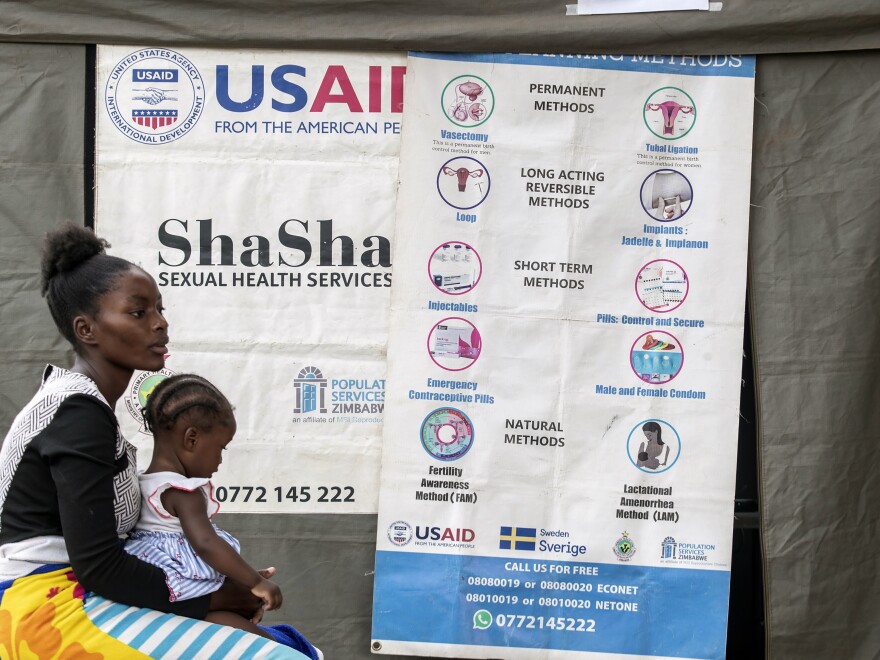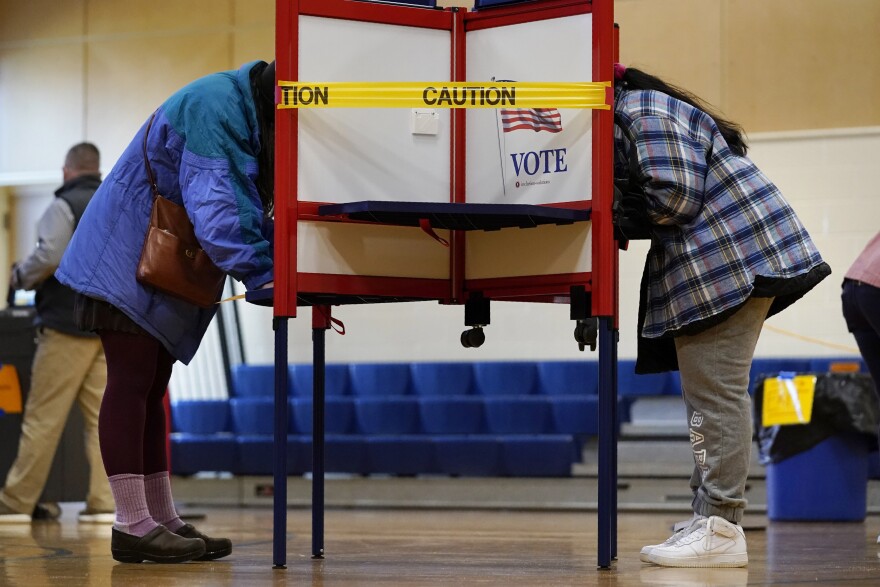Plans to trash millions of dollars’ worth of taxpayer-funded contraceptives intended for women in low-income nations have been revealed by the State Department. The contentious action coincides with the Trump administration’s ongoing reduction in international assistance.
Multiple humanitarian organizations and U.S. lawmakers have stated that since the administration dismantled the U.S. Agency for International Development (USAID) and halted foreign aid earlier this year, a $9.7 million stockpile of family planning products, including IUDs, implants, and pills, has been trapped at a warehouse in Belgium.
According to the reproductive health care NGO MSI United States and Doctors Without Borders (also known as Médecins Sans Fronti res, or MSF), the goods have expiration dates ranging from 2027 to 2031.
Girls and women in low-income nations, especially those in sub-Saharan Africa, were the target audience for the contraceptives. But they will be burned in Europe rather than sent to refugee camps and crisis areas.
The U.S. would spend $167,000 to destroy the contraceptives at a French facility that handles medical waste, the State Department acknowledged in a statement sent to NPR.
According to the statement, “Only a limited number of commodities have been approved for disposal,” and neither HIV drugs nor condoms are being disposed of.
The United Nations’ sexual and reproductive health agency, UNFPA, and MSI are among the foreign humanitarian organizations who claim they attempted to purchase the items from the United States but were turned down.
The plan’s detractors, who include certain U.S. and French senators, are now seeking to force a last-minute modification before the stocks are scheduled to be destroyed at the end of July.
They claim that if they don’t, millions of people’s lives could be jeopardized by problems from unintended or premature pregnancies.
According to Chelsea Polis, principal research scientist at the pro-abortion Guttmacher Institute, the $9.7 million worth of contraceptives could have prevented pregnancy for over 650,000 people for a year and, depending on the method, for 950,000 people for three to ten years, she told NPR.
“These are essential, lifesaving supplies that would have supported reproductive autonomy and prevented unsafe abortions and maternal deaths being wasted and destroyed at U.S. taxpayers’ expense, despite offers from global partners to distribute them to women and families in need,” she stated.
According to the office of Sen. Jeanne Shaheen, D-N.H., who wrote to Secretary of State Marco Rubio this month pleading with him to change course, family planning assistance from the U.S. government, one of the largest international donors to such programs, prevents 8.1 million unwanted pregnancies, 5.2 million unsafe abortions, and 34,000 maternal deaths in an average year.
According to MSF, the Trump administration’s cutbacks have resulted in gaps that are “disrupting the entire global system for these services,” and the contraceptives are scheduled to be burned in light of this increased demand.
Avril Beno, CEO of Doctors Without Borders’ U.S. offices, stated that “destroying valuable medical items that were already paid for by U.S. taxpayers does nothing to combat waste or improve efficiency.” “This administration is willing to burn birth control and let food supplies rot, risking people’s health and lives to push a political agenda.”
Why didn’t the U.S. sell the contraceptives?
The medications in the stockpile, such as implanted birth control and birth control pills, are designed to prevent conception by acting prior to fertilization.
However, the State Department called them “abortifacient birth control commodities” in its statement to NPR, referring to drugs that end a pregnancy.
Foreign nongovernmental organizations are prohibited from utilizing U.S. federal funds to provide abortion services or associated information under a U.S. policy known as the “Mexico City Policy,” which was implemented by President Ronald Reagan during a conference held in that city in 1984. Since its inception, the policy has been withdrawn and resurrected by presidents in turn; President Trump most recently did so at the beginning of his second term.
According to one of the numerous humanitarian organizations that attempted to purchase the contraceptives, the U.S. government rejected their proposals on the basis of that policy.
According to a statement from MSI Reproductive Choices, it offered to “purchase, repackage and manage logistics at our expense” in order to deliver the goods to those who needed them.
According to the report, however, those attempts were consistently turned down “with the U.S. government citing the Mexico City policy” among other reasons.
Last Monday, Shahe told the BBC that the disputed products have “nothing to do with abortion.”
“That is, again, another excuse that the administration is using to try and provide some sort of an explanation for why they’re incinerating over $10 million in family planning supplies that women need around the world,” she stated.
What’s being done to try to save the stockpile?
The Belgian government claims to have made an appeal to the U.S. Embassy in Brussels in an attempt to protect the goods, which are presently stored in a warehouse in the city of Geel.
Foreign ministry spokesperson Florinda Baleci told NPR on Monday that “[the ministry of] Foreign Affairs is exploring all possible avenues to prevent the destruction of these stocks, including their temporary relocation.” She declined to provide further details “in order not to prejudge the outcome of the discussions.”
In France, where the products are scheduled to be shipped for destruction, some left-wing MPs are urging their own government to refrain from taking part in the destruction.
An open letter to French President Emmanuel Macron, signed by a number of female MPs, states that France “cannot become complicit, even indirectly, in retrograde policies, nor tolerate that vital medical resources be destroyed.”
One of the signatories, Marine Tondelier, the leader of the French Green party, stated on X, “We have the means to oppose this incineration, as it is to take place on French soil.” “We refuse to let France become the trash bin for American ultraconservatives.”
The MPs are calling on Macron to support humanitarian groups who are prepared to disperse the products and to ask for the plan to be suspended “as part of a joint diplomatic initiative with the European Commission.”
The optimum course of action, according to MSF, would be for the contraceptives to reach the health ministries of the nations who require them as quickly as possible.
In the meantime, two Democratic senators, Sen. Shaheen and Brian Schatz, D-Hawaii, have filed legislation in the United States that would stop the destruction or waste of foreign aid items including food and medical equipment.
The $9.7 million contraceptive stockpile would be prohibited from being destroyed under the Saving Lives and Taxpayer Dollars Act “unless all efforts to sell or donate them have been exhausted.”
Copyright 2025 NPR






